
Let's peel another layer off the Happiness Onion, this time how your ego and identity contributes to happiness.
Identity In The Pyramid Of Change
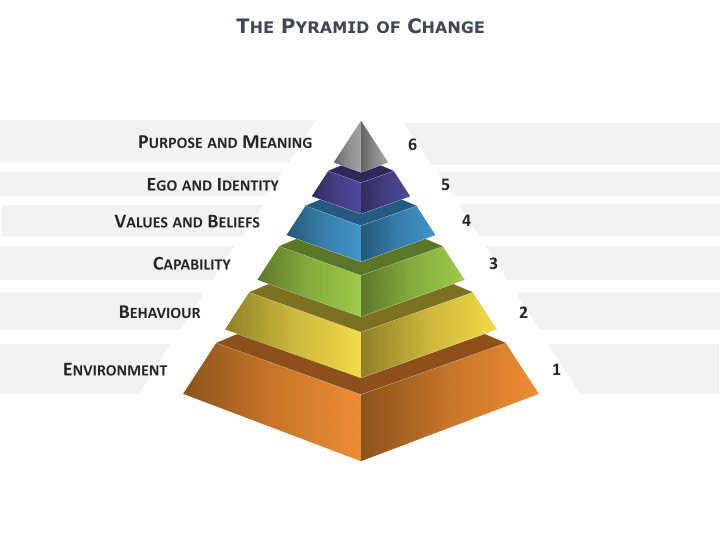
In the hierarchy of change there are 6 levels that we can all change.
The top level is Purpose - the meaning and mission of life.
Next comes Identity - who you are.
3rd comes Values and Beliefs - what what you regard as important and what you believe.
The 3 lower levels of change - capabilities, behaviours and environment - are also important but we'll not cover them today.
As you can see, Ego and Identity are pretty high up the hierarchy and they play a significant role in determining your happiness.
So, what is Ego?
In the psychological theory put forward by Sigmund Freud, there are three parts of the self - the Id, which is the primitive and unconscious self that is concerned mainly with survival.
The Ego is the second of these and seeks to please the Id and is responsible for our general happiness. The final one of these is the Super Ego that is the socialising or externalisation of your identity.
The more colloquial meaning of ego is that of self regard or self esteem. For instance you might call someone an egotist if they are always self centred and self aggrandising. They could be downright 'selfish'. In reality, however, we all look after our 'self' and are all 'selfish.'
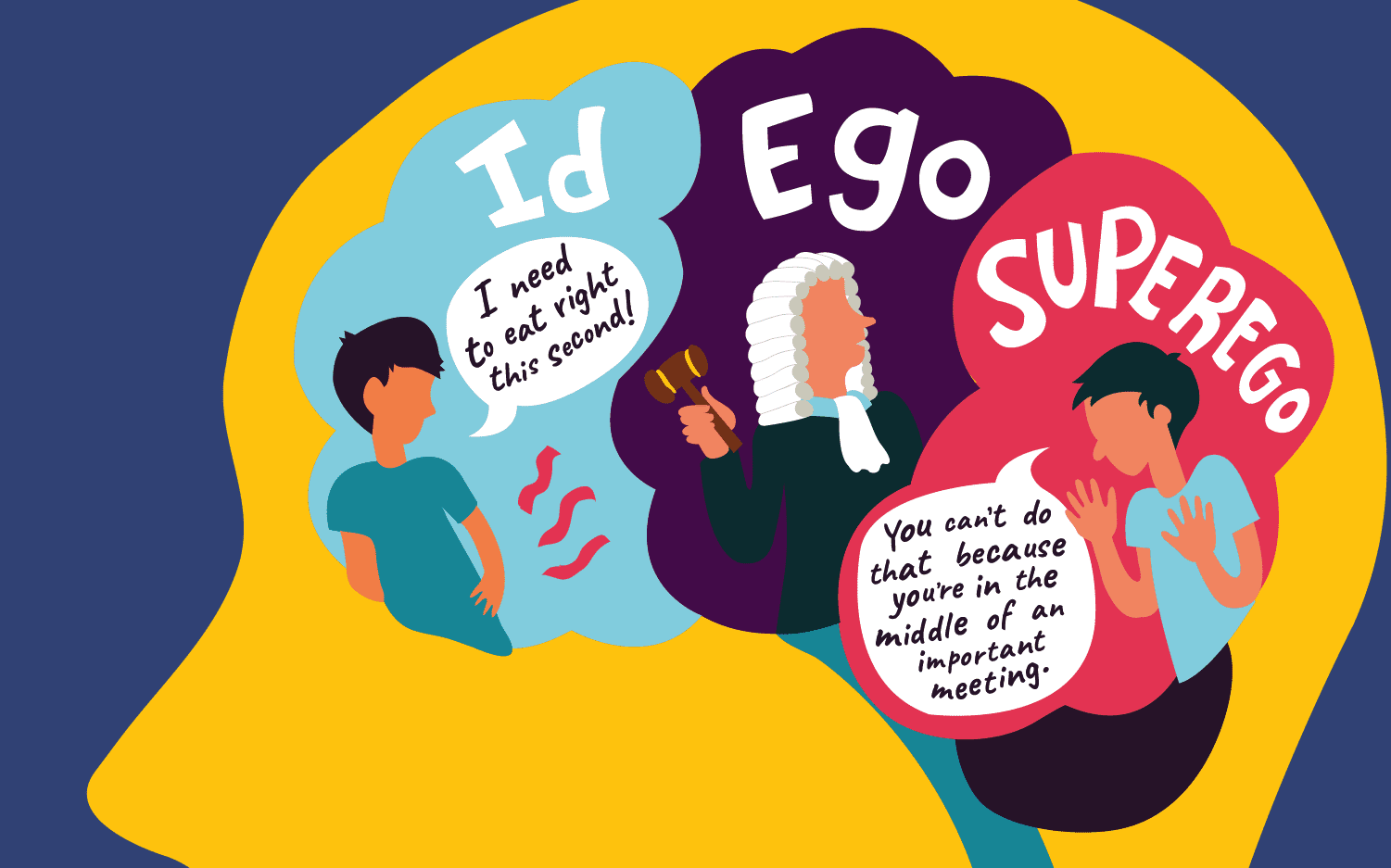
Ego, Roles and Identity
Our identity evolves as we grow up. Initially we take on the mindset of our parents and caregivers, and that also encompasses our perceived 'role' in life. However, sooner or later we reject or revise our identity based on our experiences of life.
At this point, our identity is often defined by external considerations - for instance if we want to fit into a group we may adopt an identity or role that furthers the cause of the group. Are you a group leader or a team player, or neither?
If you are having trouble experiencing happiness, it pays to consider your own identity and role and whether it truly serves you.
Consider the roles of your parents when bringing you up: whilst they influenced your belief systems (as in the previous article), they also gave you a 'role model' that forms your identity and ego.
Indeed most children have been told this and that: for instance, that they're not good enough, that they are lazy, or greedy or have any other negative quality. This is repeated so often that they accept it as part of who they are. They adopt a belief that limits them (see previous article), and an identity of someone who is deficient in some way.
Of course, this can flow on later in life to other problems, including increased stress levels. It is estimated that most people hear negative statements at a ratio to 30:1 when they are very young.
So the key here is to be your authentic self, not what others expect you to be. Examine what roles and identities have been created in you, and select the ones you want to keep, and the others you want to put aside.
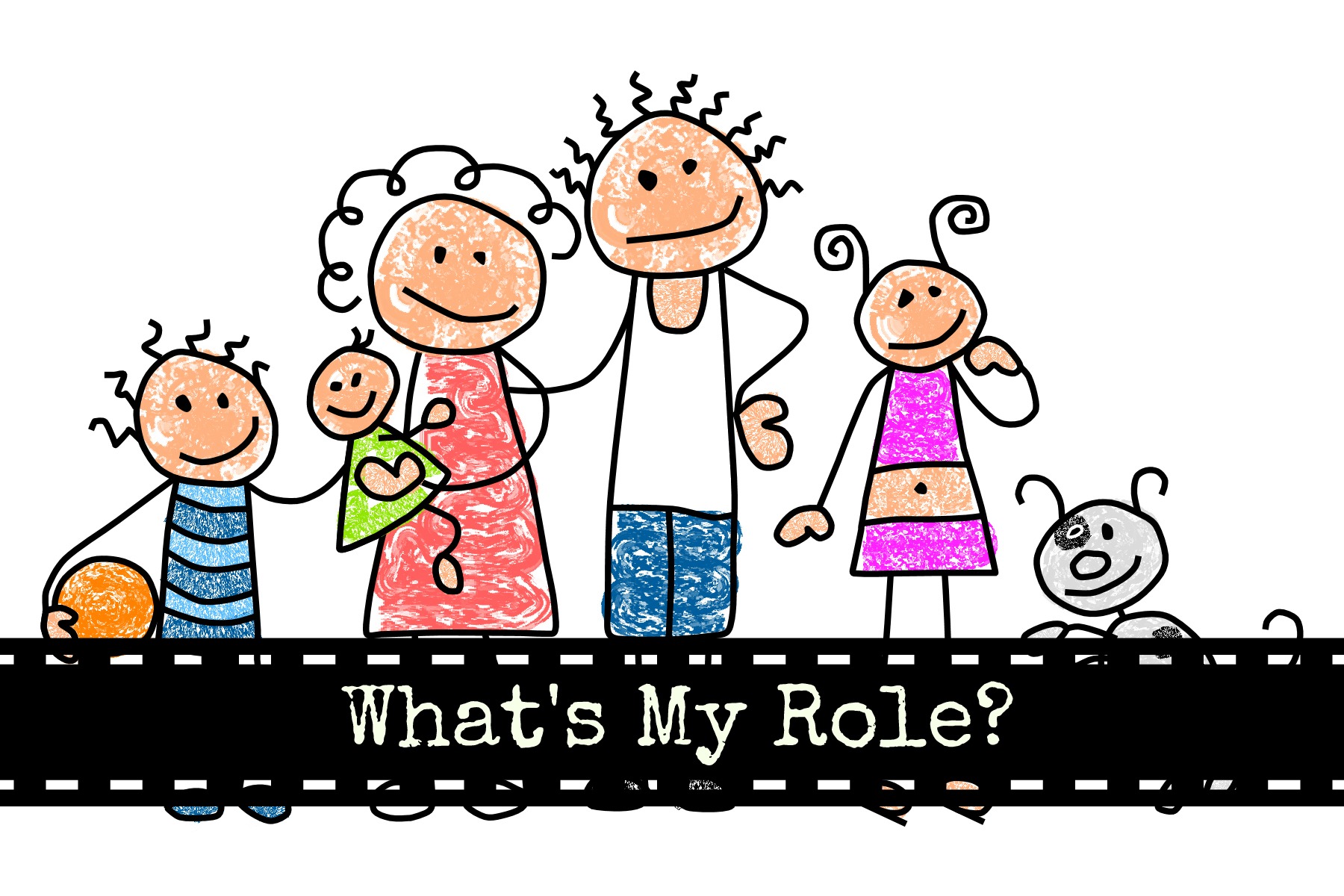
Some Questions To Ask Yourself
What roles did you see growing up, from your caretakers and those around you, and in what ways do you play them out the same way in your life?
Which roles do NOT serve you that you would like to release?
What roles DO serve you that you would like to continue in your life?
"Who Am I?"
When it comes to identity, we all ask the question: Who Am I really?
If you find yourself stating an identity that is not truly yours, you will not be happy because your personal integrity is compromised.
Similarly, repeated situations in life may not make you happy, despite the fact that letting them go will make you happier.
You may be someone who always has 'problems' in life - that is you see them negatively. It may be so internal that you will see them as part of your identity - for instance, 'I am rather accident prone' is a statement that identifies you as 'Mr Disaster'.
Alternatively you may see life as a set of 'challenges' - which you might see more positively. You may identify yourself as 'Mrs Fixit'.
As you discover these parts of your identity that you no longer want to keep, guess what... - the ego wants to keep them. The 'resistance' you encounter when you try to jettison them is also what makes you unhappy.
If you were to express happiness all the time, how do you think those around you would react?
Do the people around you connect through pain or through happiness?
If it is pain, perhaps you need to reconsider this and try to connect through happiness, gratitude and other positive emotions.
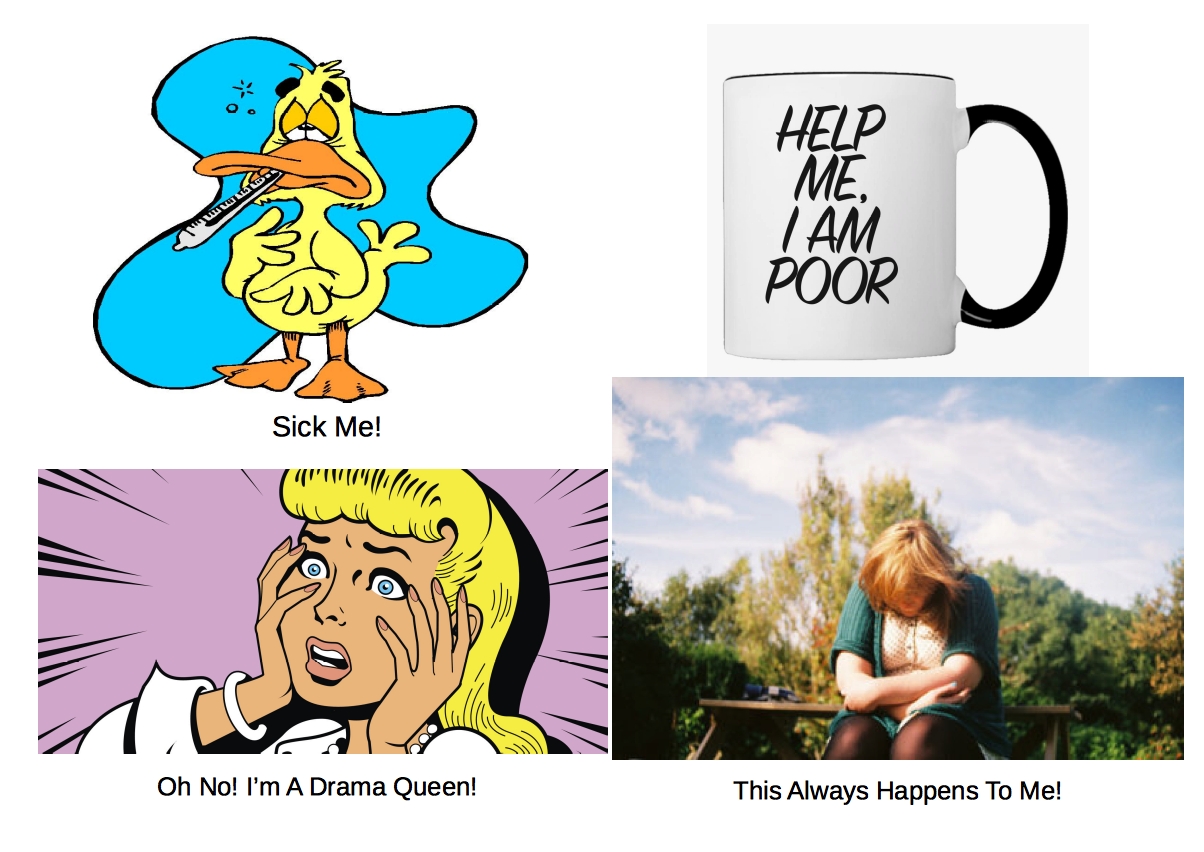
4 Detrimental Identities that hold people back from their happiness:
- 'The Sick Person' believes that they need to be ill to connect with people. Some often even create their illnesses to maintain this connection with people - 80 % of illnesses can be manipulated mentally. The question is 'what is the benefit' of being sick all the time?
- The Poor Man - poor me - I'm poor and I need sympathy.
- The Drama Queen - there's always something going on to keep life spicy. People who see their lives as dull and boring need to spice it up by playing the drama queen.
- The Victim. We always see life in terms of the victim/malefactor. It's always someone else's fault, never our own.
For each of the above there is always a secondary benefit that makes people do it. If you can work out what that is, can you think of an alternative, better way that induces happiness for you?
So what identity do you belong to?
Do you:
- need to consider 'problems' as part of your identity?
- talk about it a lot?
- get attention because of it?
- get a sense of identity and purpose?
It goes without saying that you are NOT
- what you do
- your past
- what you have
- your problems
- what others think of you
The Turnaround
Clearly you want to have or create an identity that serves you and make you happy. If the above do not serve you, discard them. Replace them with something more empowering that will make you happy.
Here are some suggestions:
"I am...
- a grateful person.
- someone that lives on purpose.
- a person that contributes to society.
- someone that seeks joy and happiness.
- authentic to my true self.
These should be written out as affirmations, placed on index cards and read daily to reinforce them.
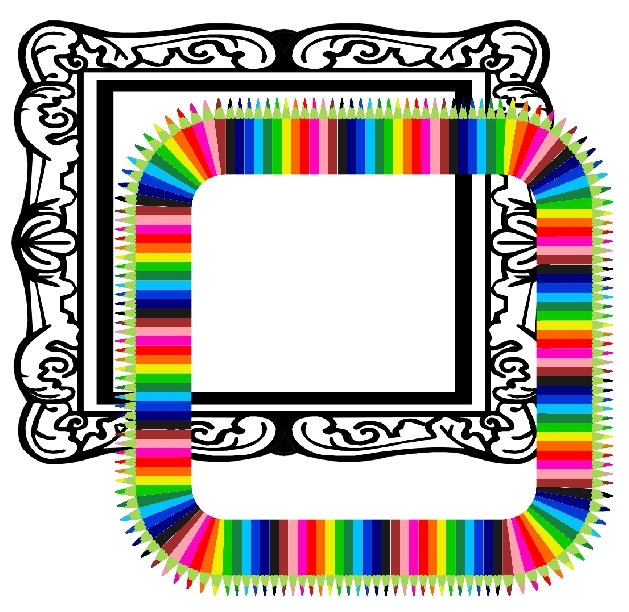
Reframe Your Identity
For each negative identity statement, reframe the sentence - such as from 'I am unhappy' to 'I am experiencing/feeling unhappiness' - this takes out the identity from the statement.
Similarly, instead of saying 'I am frustrated', say 'I am experiencing frustration' (you are not the embodiment of frustration itself!) In other words, stop owning the bad feeling.
Likewise with 'I am broke' should be replaced by 'I am experiencing financial difficulties' or 'I lack financial resources at the moment'. By saying 'I am broke' you are embodying this situation and creating an identity around it. If you always think you're broke, you most probably will be this for as long as you state it this way.
Conclusion
Self examination will help you determine what roles and identities you have assumed in your life, whether they serve you and make you experience happiness, or if they do not serve you and make feel unhappy.
If you remove some things from your identity, what will you replace them with?
Ultimately, finding the 'true you' - your true identity - will make you happy automatically.
Coming Soon: Experiencing And Remembering
Previous Article: Limiting Beliefs
Free Coaching Session!
Often just reading a blog post is not enough to make deep changes in your life.
Why not sign up for a free 'Happiness' coaching session with me? Please visit this page for more information.
